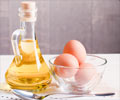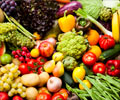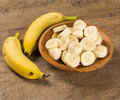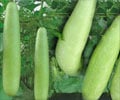Scientists have developed a new method through which vegetable and animal fats and oils - ranging from lard to waste cooking oil - can be converted to a key ingredient for making plastics
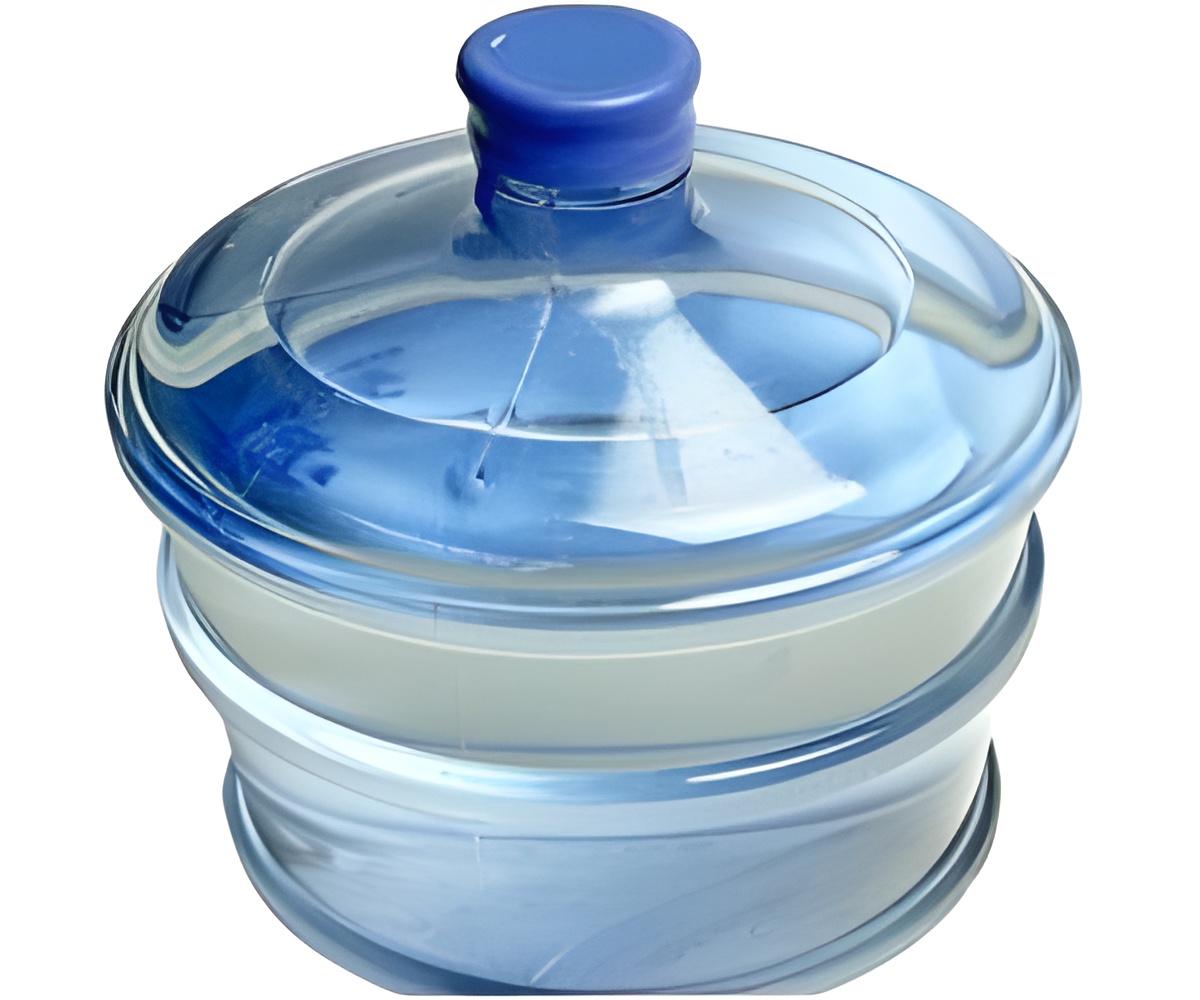
However, the scientists sought a more sustainable alternative source of olefins and in their report described use of "UV-C" light-used in sanitizing wands to kill bacteria and viruses around the house-to change lard, tallow, olive oil, canola oil and waste canola cooking oil into olefins.
Neckers and Muro-Small said that this is the first report on use of this photochemical process to make olefins.
The findings have been published in the journal ACS Sustainable Chemistry and Engineering
Source-ANI





